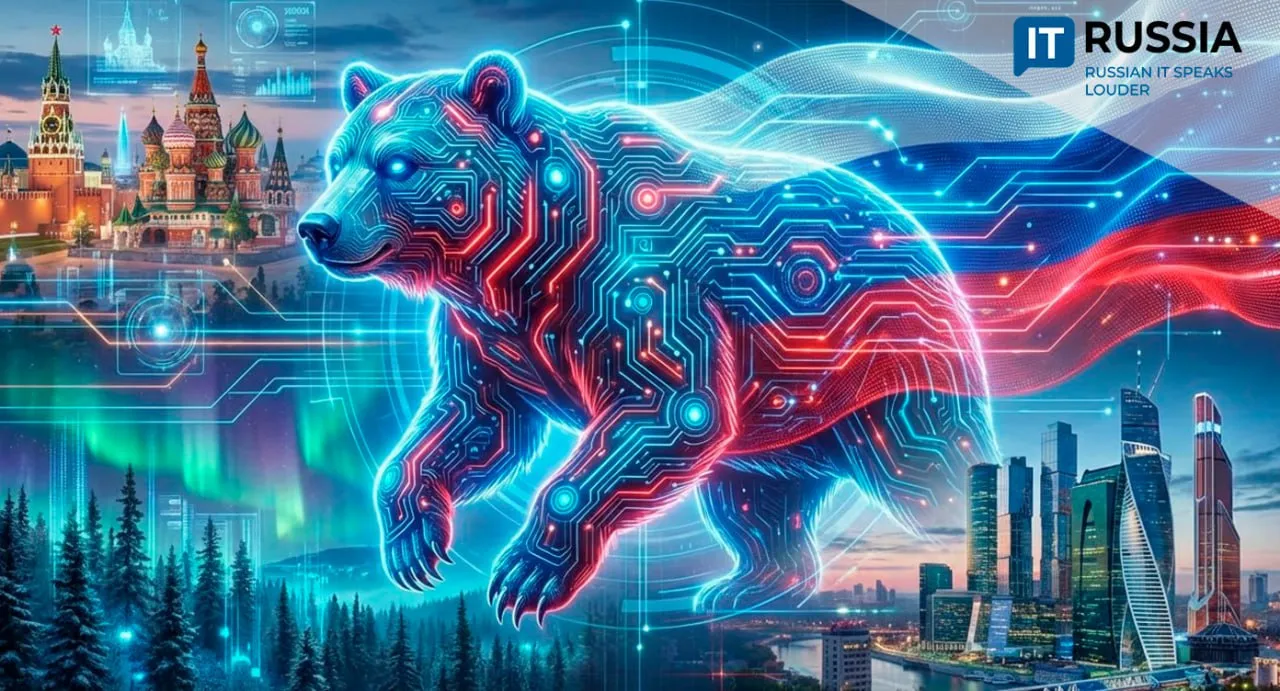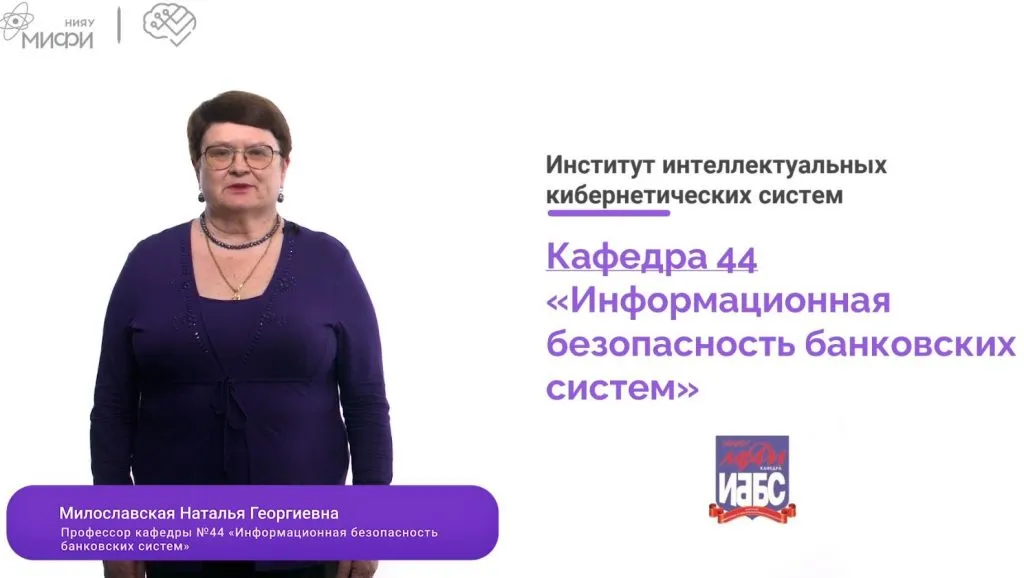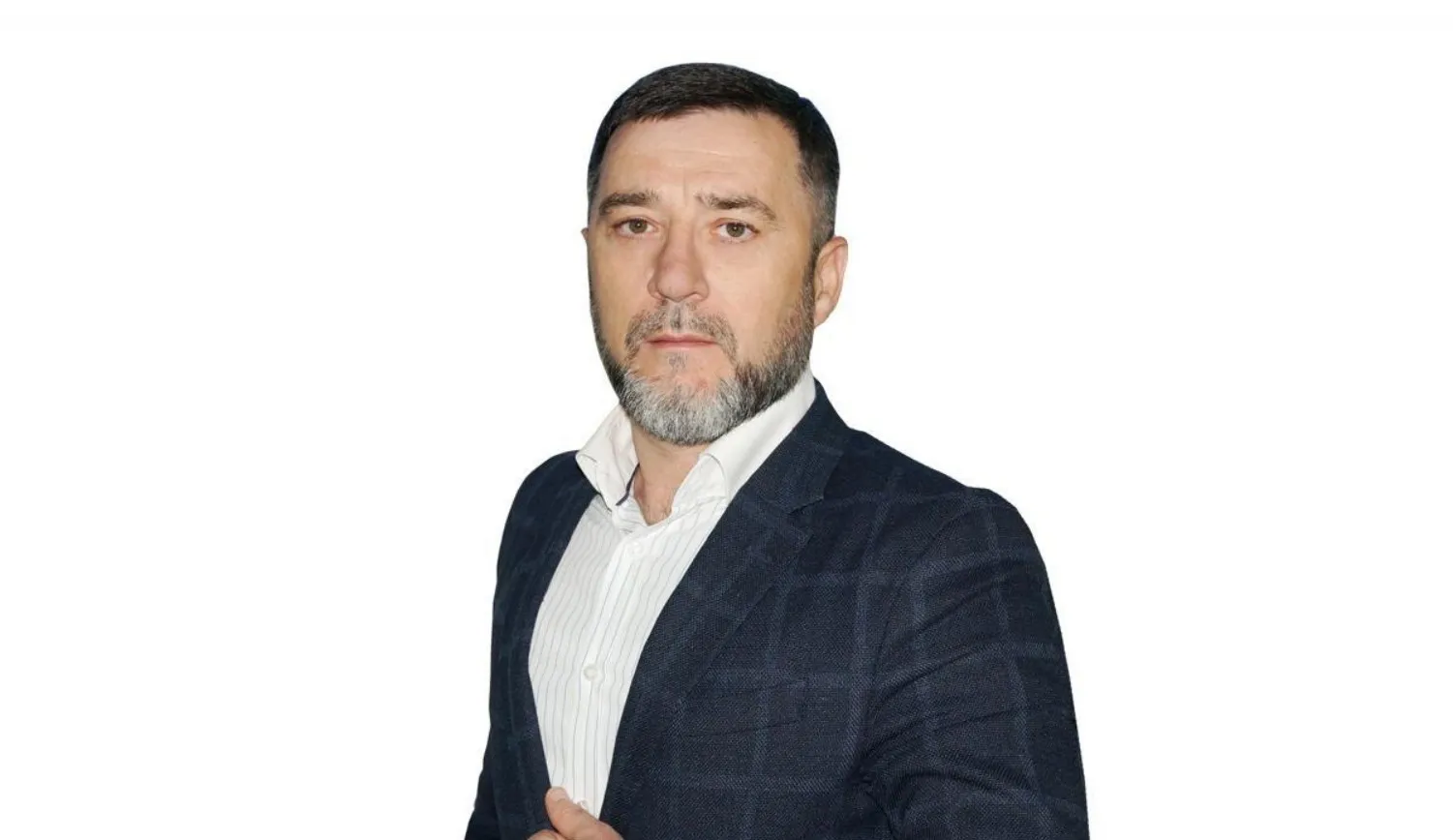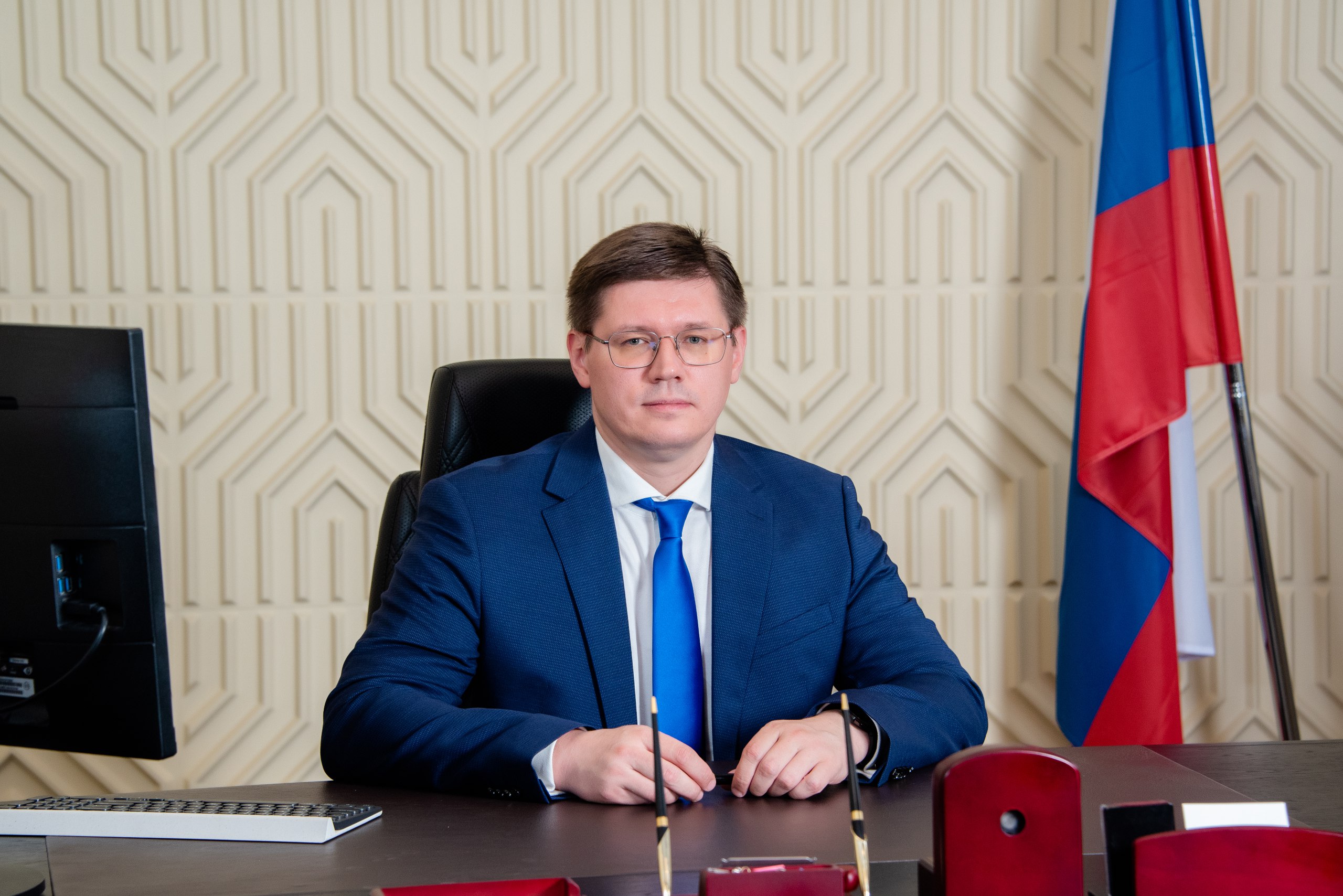A New Reality: Why Russian Civil Servants Are Learning to Work with AI
Russia’s National Artificial Intelligence Development Strategy sets an ambitious goal: by 2030, at least 80% of workers — including government employees — should be using AI tools in their everyday tasks. Thousands of municipal and state officials across the country are already learning how to apply neural networks to daily work. IT RUSSIA spoke with Kirill Pshinnik, co-founder and CEO of Zerocoder University, about what this transformation means, why it matters, and how it will reshape governance
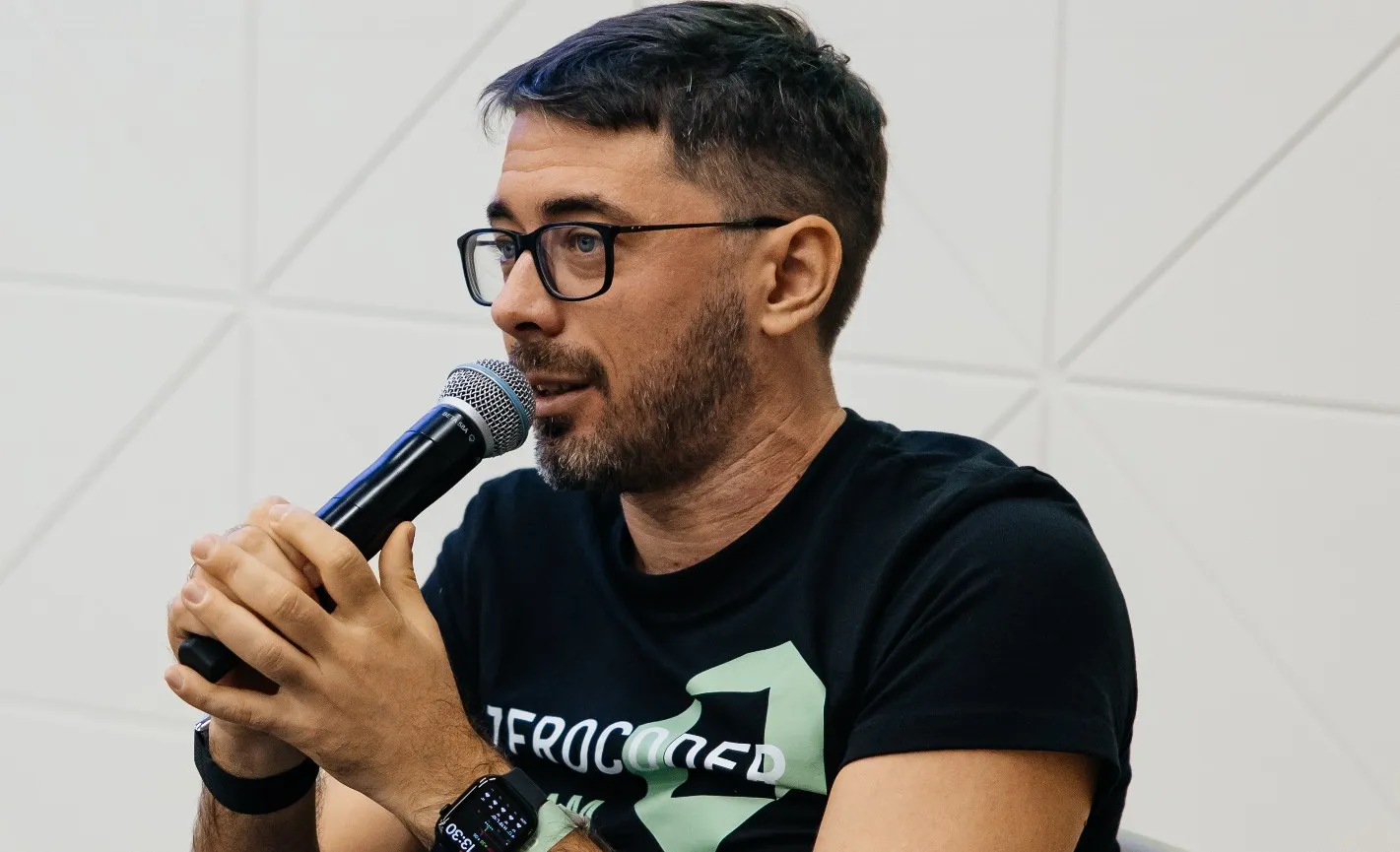
The Main Driver of the Digital Economy
Pshinnik: 'Absolutely. Over the past several years, we’ve seen explosive growth in Russia’s AI market. This is largely thanks to projects like Sber’s GigaChat, Yandex’s Chat with Alice, and a range of new no-code and low-code tools. They’re forming an entirely new reality for content generation.
'As Dmitry Gulyaev, Director of the Electronic Communications Association, mentioned at RIF, a growth potential of around 30% per year is realistic — and I agree. It’s not an exaggeration. Between 20% and 50% of Russian companies have already automated parts of their business processes using AI — from content generation to visualization.'
Pshinnik: 'A major one. The state is actively encouraging AI adoption. The federal Digital Acceleration project, launched in collaboration with the non-profit Digital Economy, is a great example of how large-scale digital initiatives can be implemented effectively. As a permanent partner, Zerocoder University has already trained over 1,000 civil servants across different regions of Russia in AI applications.
'And AI education is booming overall. The number of EdTech startups focused on neural networks is growing, and major universities are opening departments dedicated to AI and tech entrepreneurship.

'We’re also seeing deep integration of AI into banking, retail, and marketing. According to the Russian Association of Communication Agencies (AKAR), 97% of advertising firms used neural networks in 2024. That’s a huge multiplier effect for the digital economy.
'So, I would say AI development in Russia is not just a trend — it’s a foundational driver for the new digital economy that will define growth over the next five to ten years.'
AI in Government: From Bureaucracy to Efficiency
Pshinnik: 'Government employees are eager to learn because they see AI as a way to speed up routine tasks, reduce bureaucracy, and become more efficient.
'Training happens in several stages. At the introductory level, we show real-world use cases — how to create presentations or respond to citizens’ inquiries using AI. In the advanced sessions, we help participants integrate existing neural network solutions safely and responsibly.
'We also run applied exercises. For example, one task might involve selecting an area for urban development, analyzing citizen feedback, and using AI to synthesize public sentiment data.
'In the long term, the goal is not just to implement neural networks everywhere, but to foster a culture of openness and even friendly competition among regions — a kind of “AI race” that drives progress and innovation.'

Breaking Stereotypes through Education
Pshinnik: 'Delegating routine tasks to machines isn’t laziness — it’s professionalism. It’s about focusing on strategic, creative, and high-level work while AI handles the computational and analytical side. Neural networks aren’t enemies. They’re tools — just like mobile communication or GPS — that make our work smarter and more meaningful.'
Pshinnik: 'People who still view AI as something dangerous often lack exposure and curiosity. Both business and government are already breaking these stereotypes — using AI to save time, increase efficiency, and improve services.
'Those who cling to old beliefs risk being left behind. The key is education. We need to show real-world cases of collaboration between humans and AI — how this partnership amplifies results rather than replacing people.'
The Ideal Smart Government
Pshinnik: 'I believe every civil servant will use no-code tools and neural networks as part of their daily routine. The state’s positive attitude toward AI, the readiness of officials to learn, and the growing public awareness all point toward an integrated digital ecosystem.
'Imagine a city administration where AI systems process hundreds of thousands of citizen requests in real time, detect issues, and propose solutions. Civil servants can then focus on creativity and strategic planning.
'In such a system, automated document workflows, personalized digital communication with citizens, and AI-driven environmental monitoring are all standard. AI will become an indispensable assistant in shaping policy — analyzing data, predicting outcomes, and modeling development scenarios faster and more accurately than humans.'
Building an AI-Ready Nation
Pshinnik: 'Three things: strategic government support and funding for digital transformation; strong infrastructure — including cloud technology, cybersecurity, and accessible internet; and people — professionals trained and open to innovation.
'If these elements continue to evolve, a true digital breakthrough in governance will happen within a few years. The groundwork is already being laid — initiatives like Digital Acceleration, domestic AI research, and national digital literacy programs are all underway.
'This isn’t just about efficiency or transparency. It’s about building a management model that’s responsive to people’s needs and capable of evolving dynamically.'
Learning for Everyone
Pshinnik: 'Absolutely. At Zerocoder, we work with students aged from 8 to 88. It might surprise you, but about 20% of our learners are over 50. They want to understand neural networks, learn to work with them, and integrate AI into their personal and professional lives.
'So the idea that AI education is “for young people only” is completely wrong. I encourage school students and university applicants to explore programs in AI and tech entrepreneurship — they’re already available at Innopolis University, RANEPA, HSE, Moscow State University, RUDN, and the Financial University.
'And for everyone else — read smart books, follow AI educators and enthusiasts online. Just search for “artificial intelligence,” “neural networks,” or “AI learning.” Knowledge is more accessible than ever — you just have to start.'


